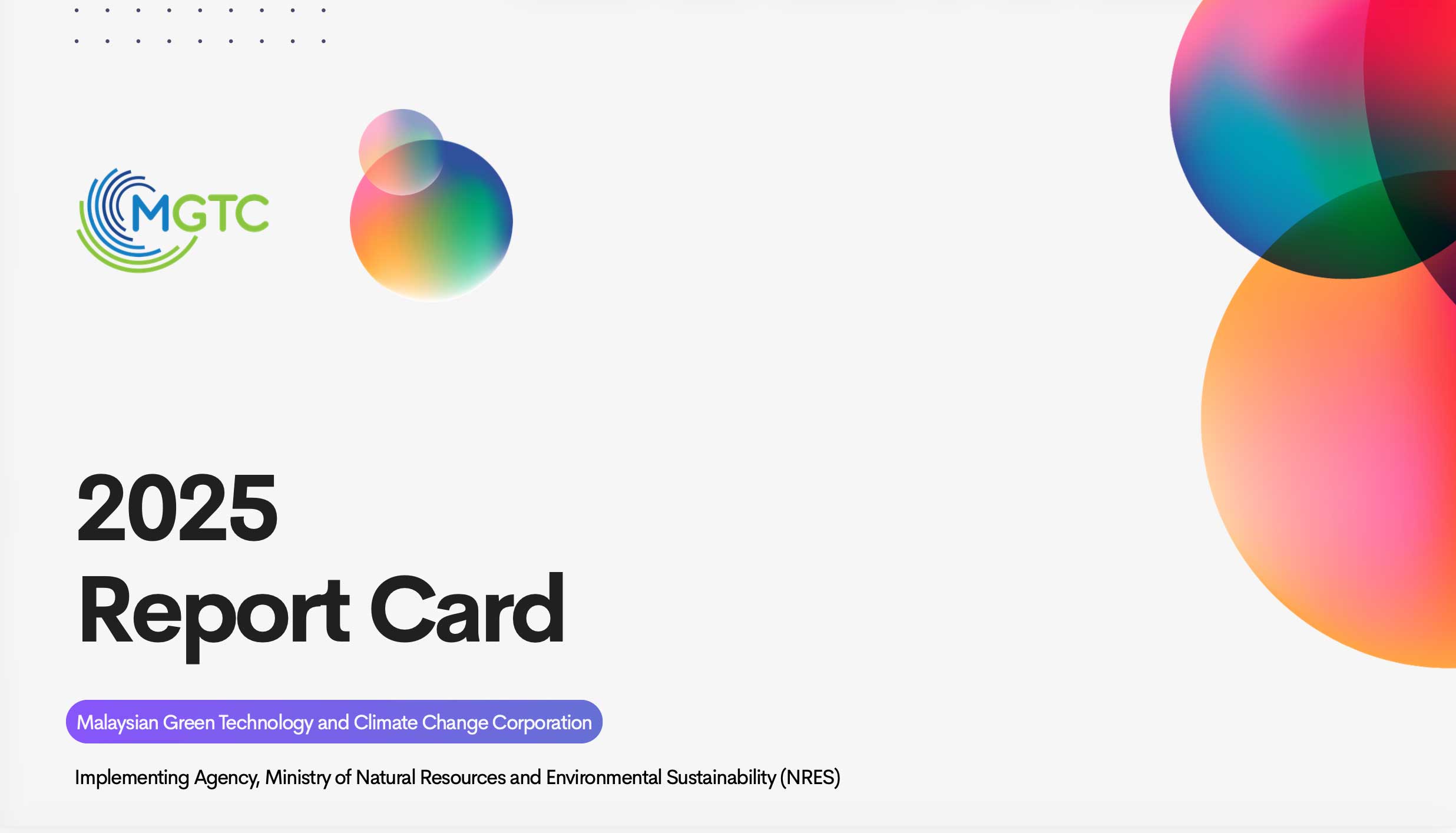

Akademi Hijau
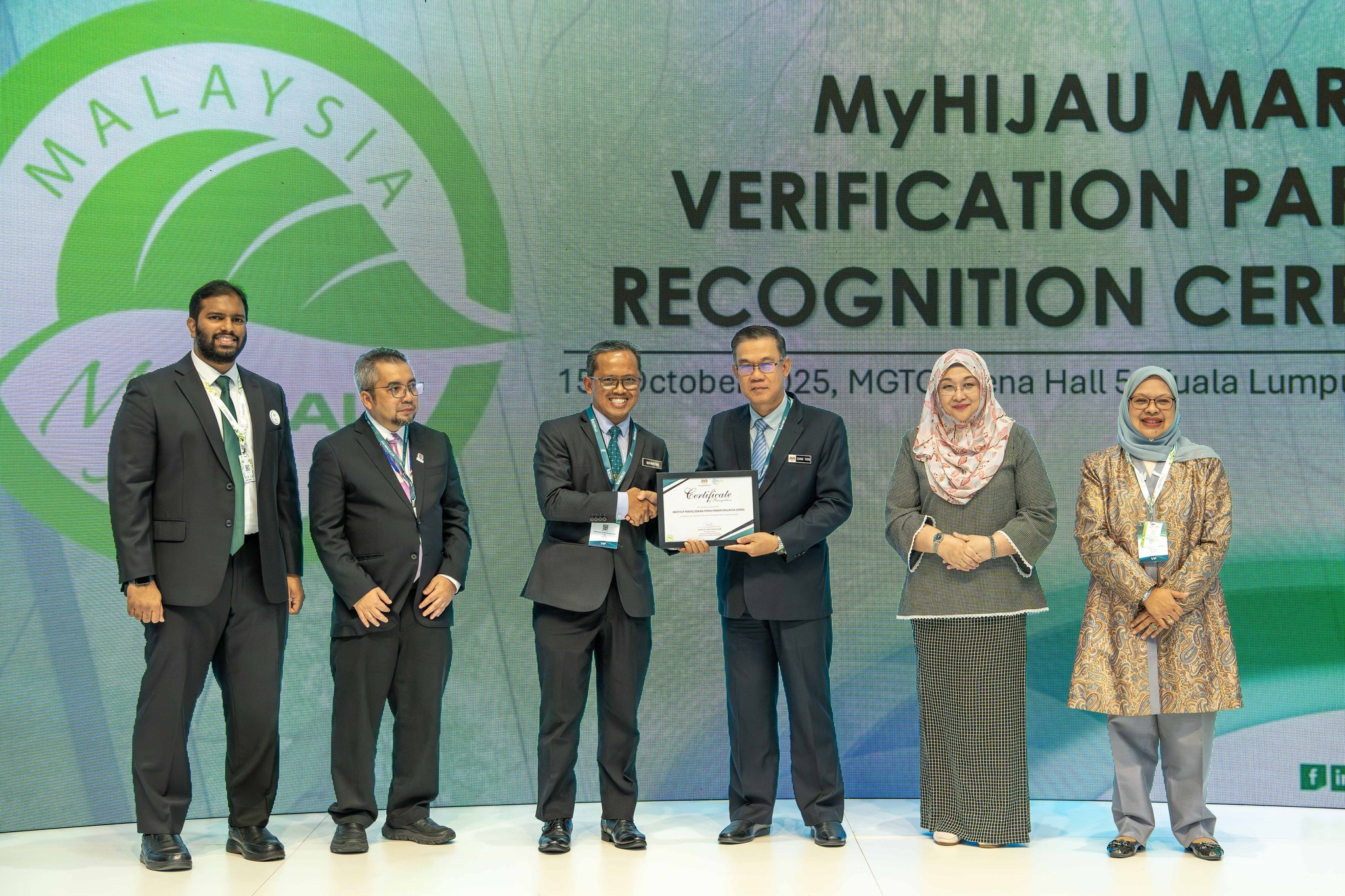
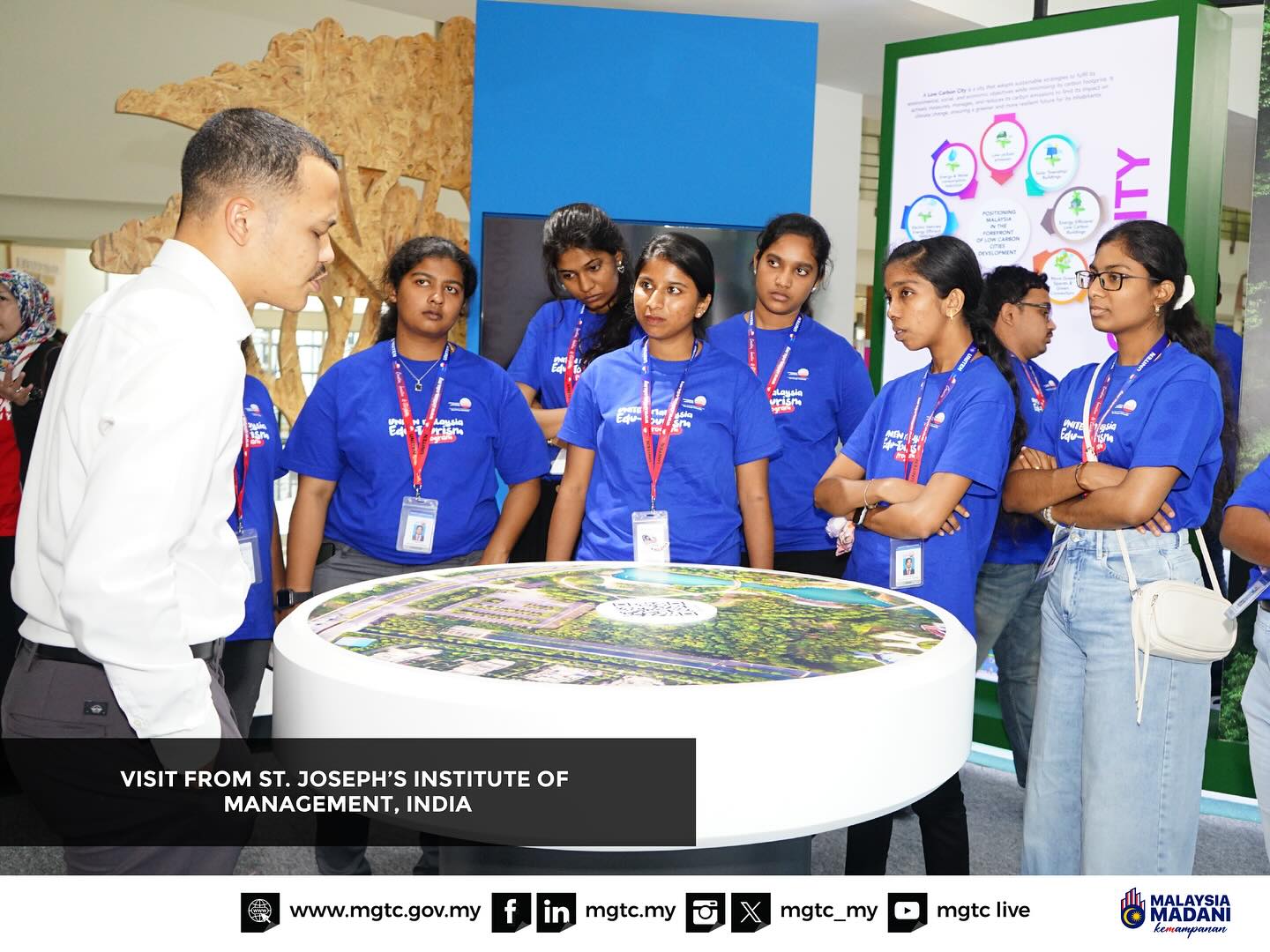
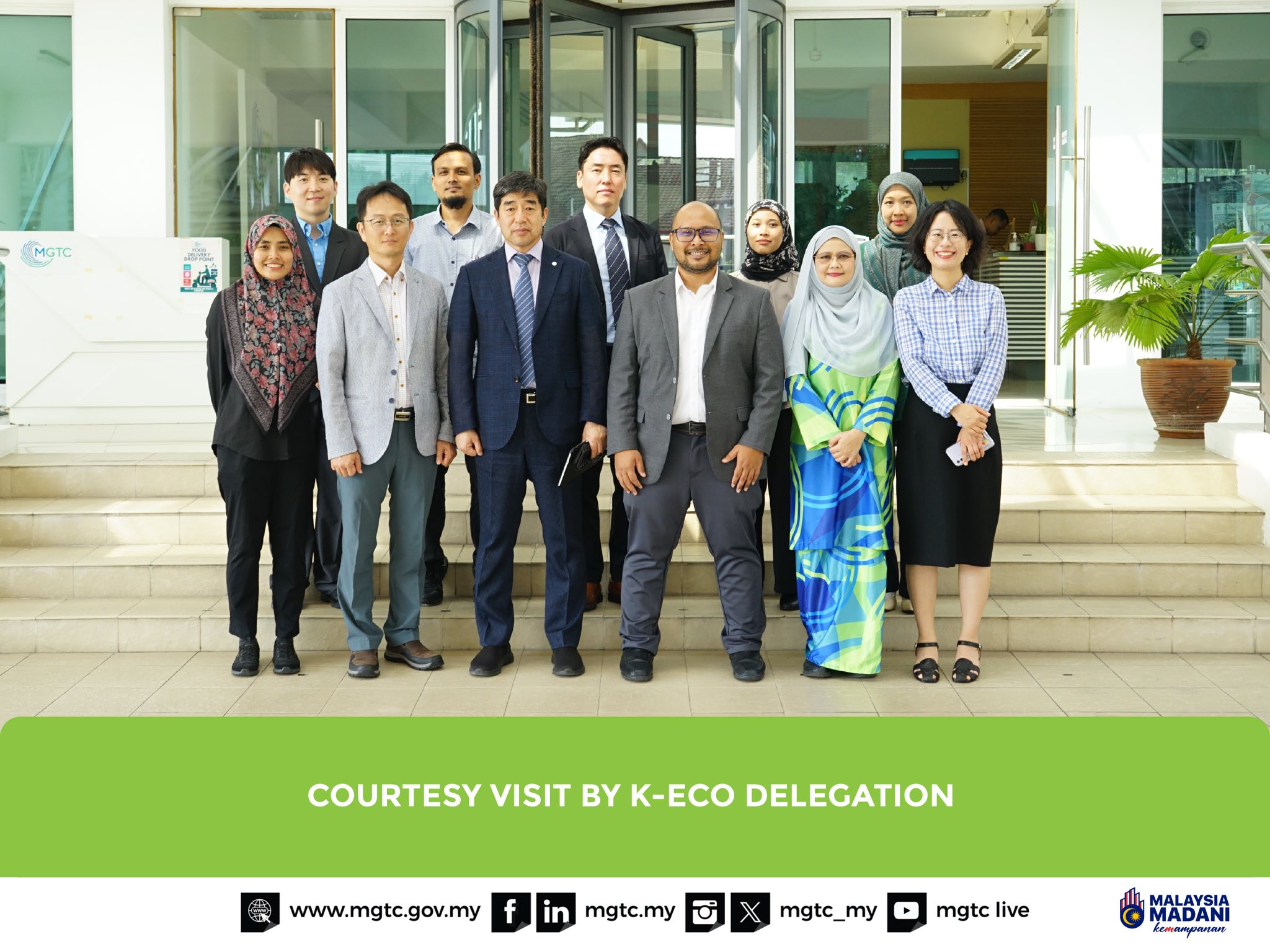
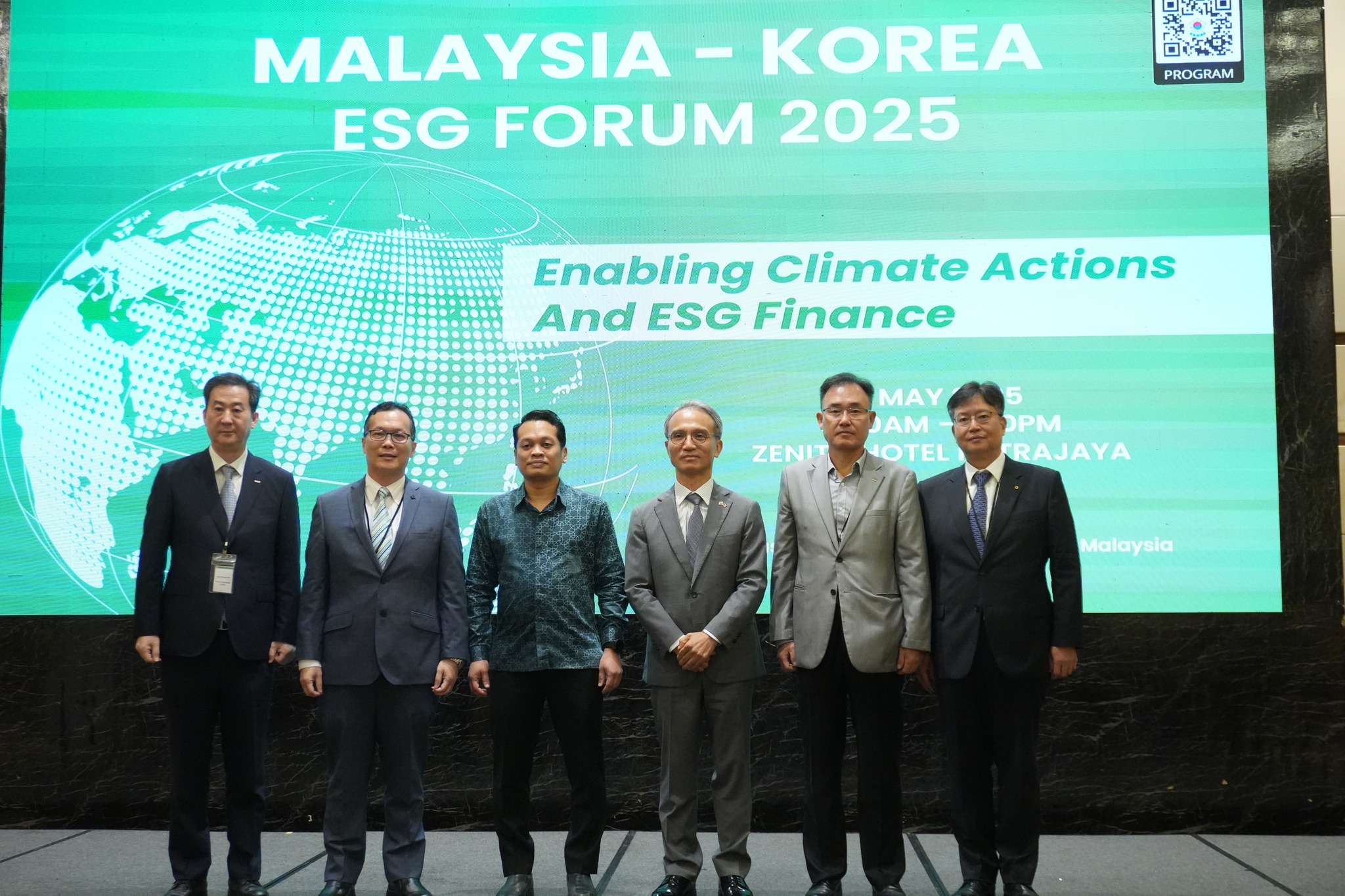
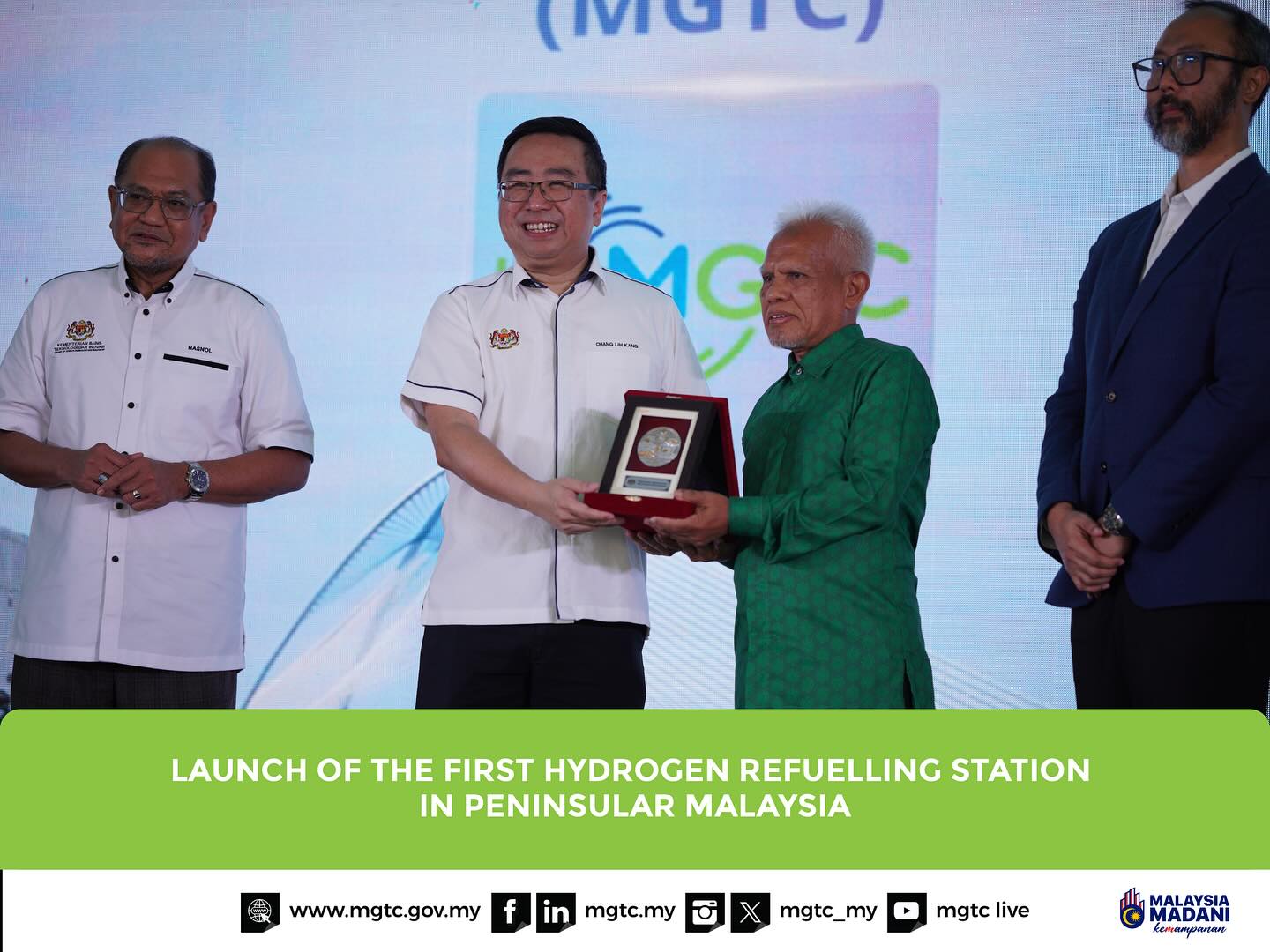
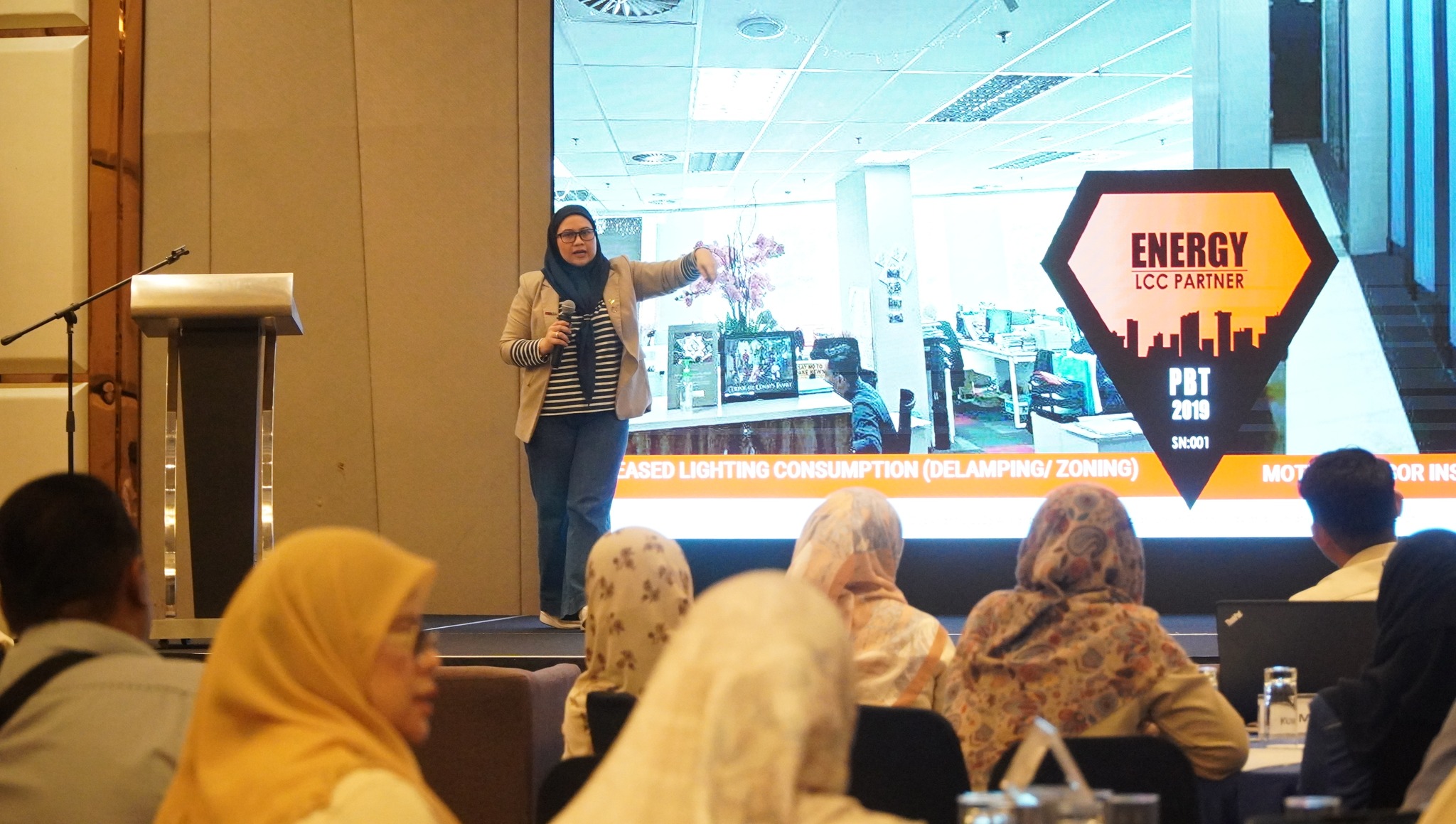
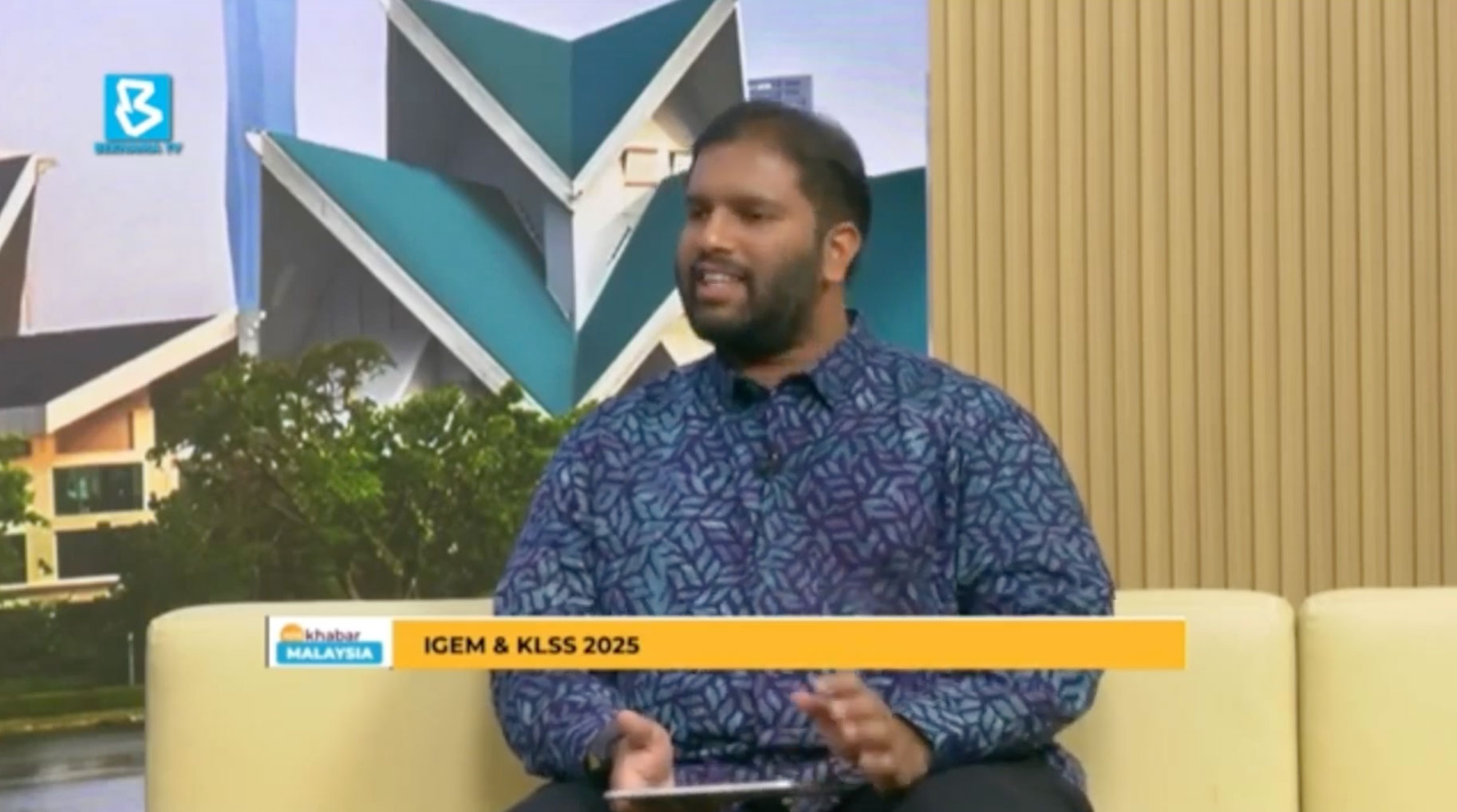
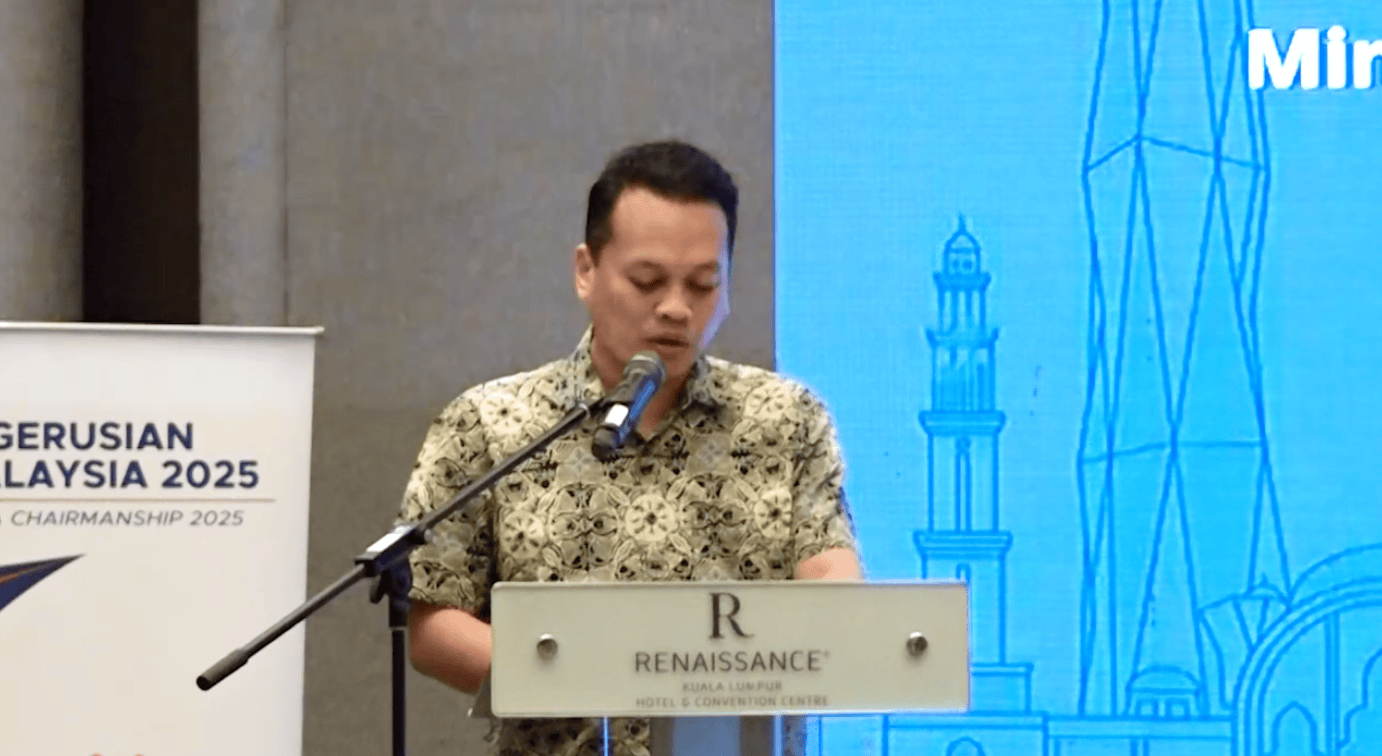

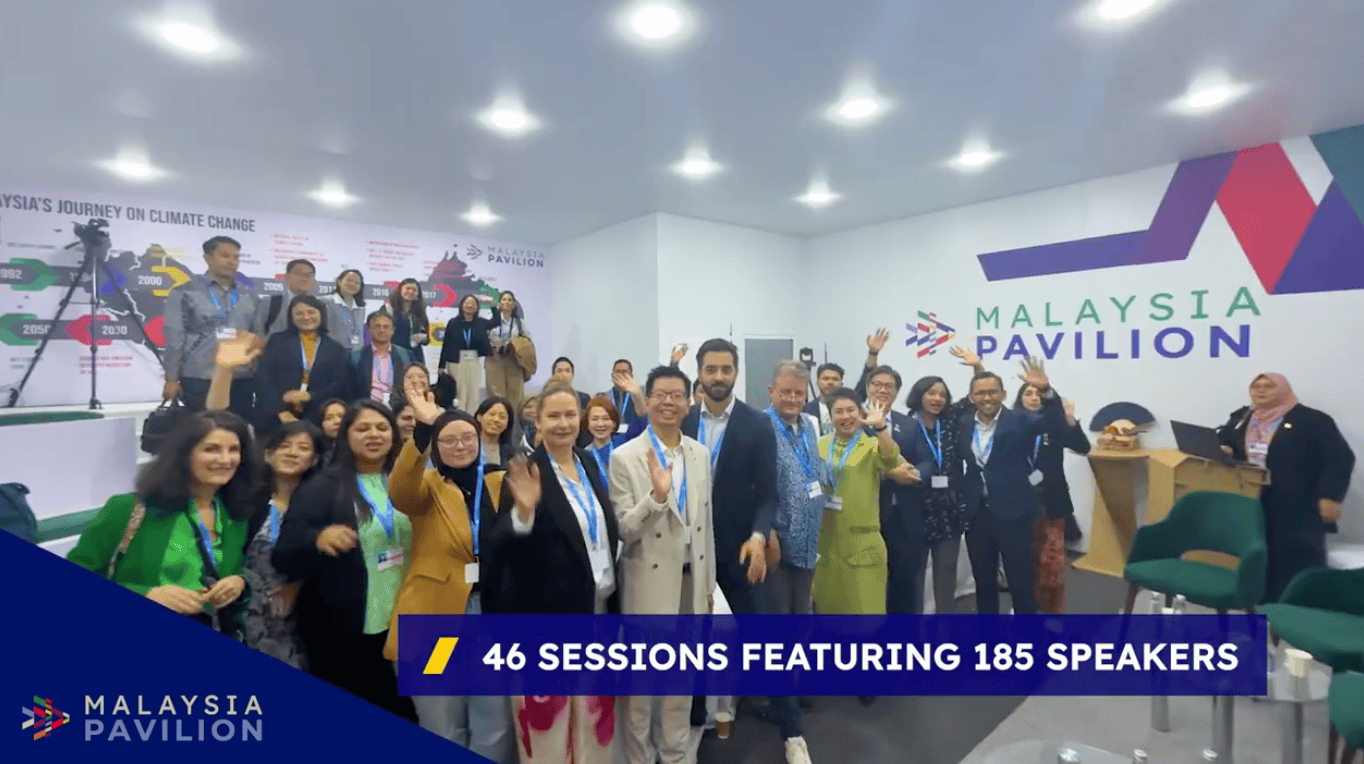
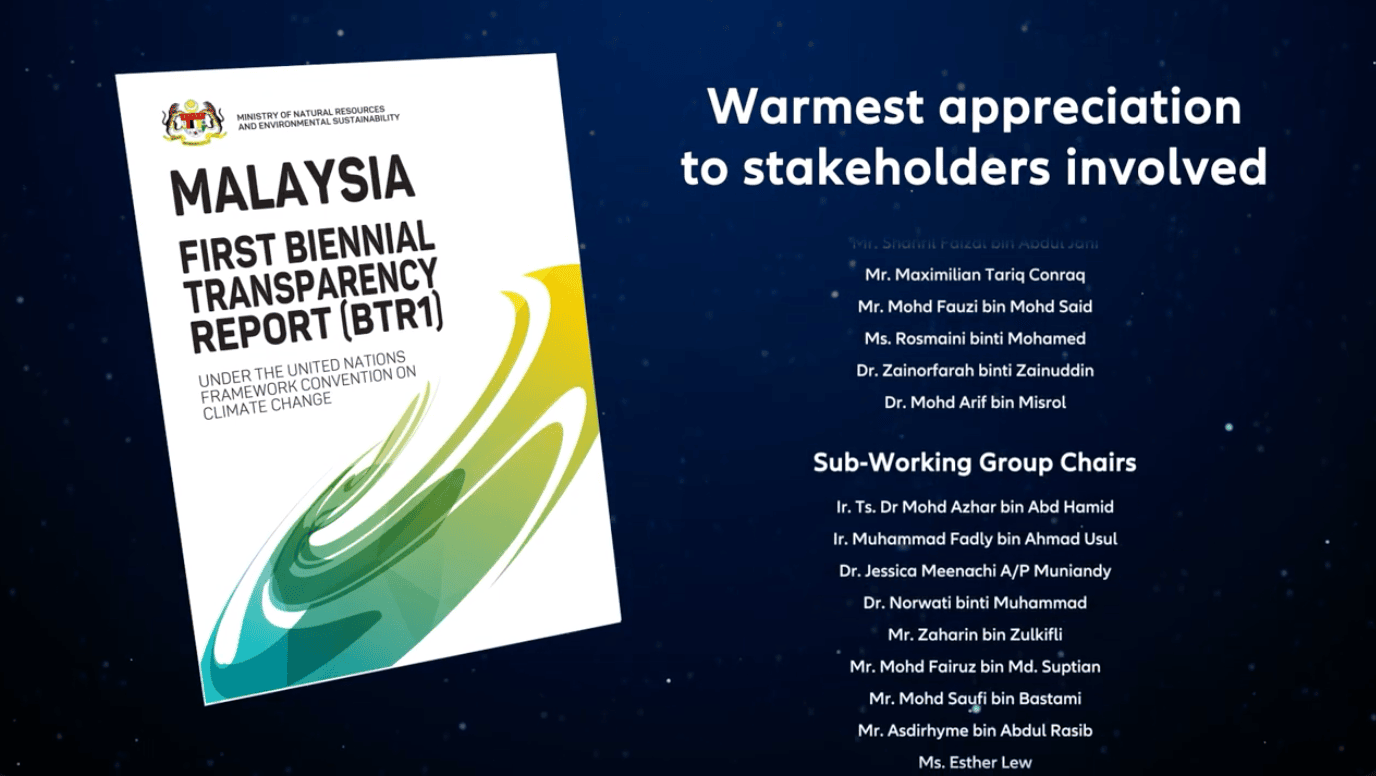
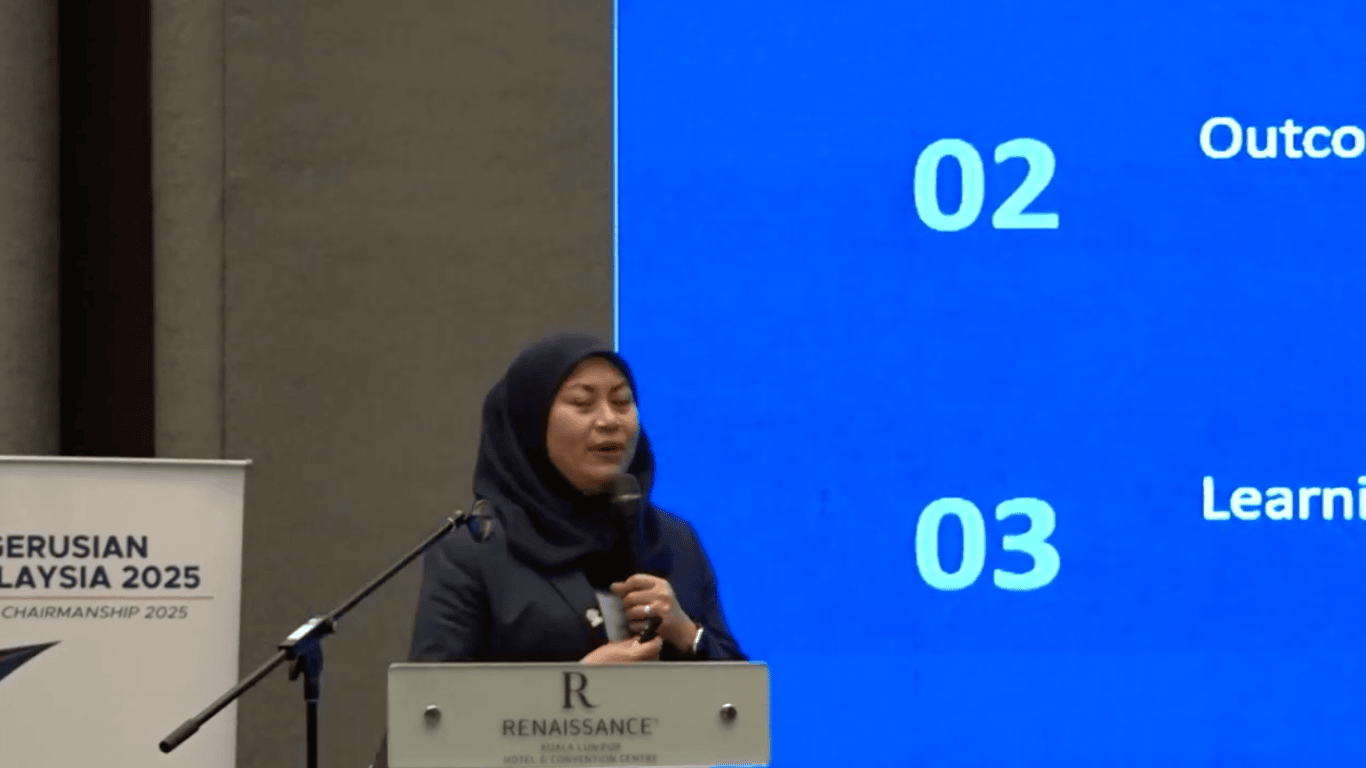
Akademi Hijau














Bajet 2026 Malaysia Memberi Isyarat Pertumbuhan Transformatif untuk Pasaran Hartanah dan Hartanah
Gambar tajuk menunjukkan Yulia Nikulicheva, Ketua Penyelidikan & Perundingan di JLL Malaysia.
RM419.2 Bilion “Bajet Rakyat” Di Bawah Rangka Kerja Ekonomi MADANI Menyampaikan Sokongan Sektor Hartanah Komprehensif
KUALA LUMPUR, 22 Oktober 2025 – Bajet 2026 Malaysia, bertemakan “Bajet Rakyat,” membentangkan peluang besar untuk sektor hartanah dan hartanah melalui peruntukan strategik berjumlah RM419.2 bilion di bawah rangka kerja Ekonomi MADANI. Bajet tersebut mewakili peralihan Malaysia daripada penstabilan ekonomi kepada transformasi menyeluruh, dengan implikasi utama untuk kemampuan perumahan, pembangunan hartanah komersial dan pertumbuhan yang didorong oleh infrastruktur.
Asas Ekonomi dan Strategi Pertumbuhan
Bajet 2026 meneruskan fokus rangka kerja MADANI pada pelaburan yang disasarkan dan rasionalisasi perbelanjaan kerajaan. Dengan sasaran pertumbuhan KDNK yang bercita-cita tinggi sebanyak 4.0-4.5%, kerajaan mengekalkan pendekatan strategiknya untuk menggunakan mekanisme Perkongsian Awam-Swasta dan bukannya mengumumkan projek mega baharu. Hasil persekutuan dijangka meningkat 2.7% kepada RM343.1 bilion, sebahagiannya didorong oleh pengembangan SST dan penggunaan e-invois yang lebih meluas, manakala hutang kerajaan kekal di bawah siling 65% pada 64.6% daripada KDNK.
Pelaburan Sektor Keutamaan Memacu Permintaan Perindustrian
Kerajaan telah mengenal pasti empat sektor utama bernilai tinggi untuk pembangunan dipercepatkan:
Peruntukan ini secara khusus menyasarkan sektor yang terjejas oleh dasar perdagangan global yang berkembang, meletakkan perniagaan Malaysia untuk kekal berdaya saing di tengah-tengah perubahan persekitaran tarif antarabangsa.
Penilaian Kesan JLL: Pelaburan pembuatan dijangka memacu permintaan untuk hartanah perindustrian. Memandangkan sokongan berterusan kerajaan terhadap sektor utama Malaysia, kami menjangkakan permintaan yang berterusan untuk logistik dan aset perindustrian. Dengan mekanisme insentif tambahan seperti Zon Ekonomi Khas (SEZ), permintaan untuk hartanah perindustrian di kawasan panas yang mantap (Lembah Klang, Johor, Pulau Pinang dan Kedah) berkemungkinan kekal kukuh.
Perluasan Infrastruktur Digital
RM2 bilion telah diperuntukkan untuk kabel dasar selam MADANI (SALAM) yang menghubungkan 3,190km merentasi Semenanjung Malaysia ke Sabah dan Sarawak, di samping pengembangan rangkaian 5G yang berterusan. Peluasan rangkaian 5G di seluruh negara yang menyasarkan liputan 80% menjelang 2026 akan membolehkan teknologi bangunan pintar dan integrasi IoT. Pembangunan infrastruktur ini dijangka mengukuhkan ekosistem pusat data Malaysia dan meningkatkan kesalinghubungan di seluruh negara.
Penilaian Kesan JLL: Inisiatif ini berkemungkinan akan memacu pertumbuhan berterusan dalam hartanah logistik, perindustrian dan pusat data merentasi hab yang telah ditubuhkan termasuk Lembah Klang, Johor dan Pulau Pinang, sambil berpotensi mewujudkan hotspot pelaburan baharu di negeri lain.
Inisiatif Pembangunan Bakat
Peruntukan besar RM7.9 bilion untuk ekosistem Pendidikan dan Latihan Teknikal dan Vokasional (TVET) mewakili peningkatan yang ketara daripada belanjawan sebelumnya. Bajet tahun ini mengutamakan latihan khusus untuk:
Kerajaan seterusnya mencadangkan untuk menyokong program latihan yang membangunkan bakat Reka Bentuk IC tempatan mengikut piawaian global. Strategi pembangunan tenaga kerja ini secara langsung menyokong kedudukan daya saing Malaysia dalam industri pembuatan dan pusat data berteknologi tinggi.
Pembangunan Zon Ekonomi Khas
Tiga Zon Ekonomi Khas yang diumumkan sebelum ini akan menerima RM7 bilion dalam pelaburan infrastruktur:
Penilaian Kesan JLL: Zon Ekonomi Khas yang baru ditetapkan diunjurkan menjana berbilion-bilion pelaburan yang diluluskan melalui mekanisme insentif khusus mereka, dengan JS-SEZ telah pun merekodkan pelaburan diluluskan sebanyak RM37.1 bilion untuk H1 2025.
Walaupun kerajaan masih belum menerbitkan pelan tindakan untuk SEZ Johor-Singapura, zon itu telah menjana minat yang besar daripada pelabur merentasi pelbagai sektor, yang ditarik oleh insentif yang disesuaikan yang menyasarkan industri tertentu dan lokasi strategiknya.
SEZ Bukit Kayu Hitam menawarkan kelebihan unik dengan lokasinya di sempadan Malaysia-Thailand, memberikan peluang besar untuk sinergi rentas sempadan. Rejim cukai khas itu direka untuk mengukuhkan kerjasama ekonomi antara kedua-dua negara dan meningkatkan pertumbuhan ekonomi serantau.
Sementara itu, SFZ Forest City yang juga sebahagian daripada JS SEZ mencadangkan rejim khas untuk Pejabat Keluarga Tunggal (SFO), yang dijangka menarik pelaburan asing tambahan ke Malaysia.
Secara keseluruhannya, SEZ yang dicadangkan berada pada kedudukan strategik untuk mengekalkan momentum pelaburan Malaysia sambil menumpukan kepada sektor pertumbuhan tinggi.
Pejabat Keluarga Tunggal
Bajet 2026 mengukuhkan kedudukan Malaysia sebagai hab serantau untuk pengurusan kekayaan dan pelaburan bernilai tinggi dengan mengesahkan semula dasar dan garis panduan yang mengawal Pejabat Keluarga Tunggal (SFO). Langkah itu menekankan komitmen Kerajaan untuk mewujudkan ekosistem yang teguh dan berdaya saing yang memenuhi keperluan individu dan keluarga yang mempunyai nilai bersih sangat tinggi yang mencari bidang kuasa yang selamat, telus dan cekap untuk mengurus kekayaan global mereka.
Belanjawan mengiktiraf peranan strategik SFO dalam memperdalam landskap perkhidmatan kewangan Malaysia dan mengukuhkan kedudukannya sebagai destinasi pilihan untuk aliran masuk modal mewah. Dengan menyokong rangka kerja kawal selia dan insentif yang diperkenalkan oleh agensi utama, termasuk Suruhanjaya Sekuriti Malaysia dan Kementerian Kewangan, kerajaan menyasarkan untuk menyelaraskan penubuhan SFO, memudahkan prosedur pematuhan dan meningkatkan keyakinan pelabur.
Sokongan Sektor Pelancongan dan Hospitaliti
Dengan 2026 diisytiharkan sebagai “Tahun Melawat Malaysia,” kerajaan telah memperuntukkan:
Penilaian Kesan JLL: Pelaburan ini dijangka meningkatkan ketibaan pelancong di beberapa negeri, memacu permintaan dalam sektor hartanah perhotelan. Peningkatan bilangan pelancong dan lawatan mereka yang meluas ke pelbagai negeri di Malaysia juga seharusnya merangsang pertumbuhan sektor runcit di seluruh negara.
Promosi pelancongan komprehensif ini mewujudkan peluang besar untuk hotel, pusat peranginan dan hartanah sewa jangka pendek, manakala insentif cukai pelancongan termasuk pengecualian cukai pendapatan 100% ke atas pendapatan pelancongan tambahan akan mempercepatkan pelaburan sektor hospitaliti.
Projek Ketersambungan Dipertingkat Memacu Pertumbuhan Hartanah
Bajet mengutamakan penyiapan infrastruktur pengangkutan utama, termasuk:
Wawasan Penyelidikan JLL: Data sejarah menunjukkan bahawa penambahbaikan laluan transit pantas secara konsisten mendorong peningkatan permintaan hartanah dan pembangunan di sekitar lokasi stesen, mewujudkan peluang pelaburan baharu di sepanjang koridor ini. Infrastruktur ketersambungan yang lebih baik menjana permintaan yang meningkat untuk aset hartanah kediaman, perindustrian dan komersial. Penambahbaikan ini berkemungkinan akan merangsang pelaburan dalam infrastruktur taman perindustrian dalam negeri yang terjejas oleh sambungan ECRL dan ETS. Negeri-negeri ini akan menawarkan pakej yang lebih kompetitif dari segi nilai tanah dan kos buruh, sambil menjadi mudah diakses dengan kereta api sebagai pilihan pengangkutan alternatif yang boleh dipercayai. Ketersambungan yang lebih baik juga akan merangsang pelancongan dan memacu pembangunan projek berkaitan pelancongan (hotel, kemudahan komersial) di kawasan yang sebelum ini mempunyai akses terhad kepada sambungan rel.
Inisiatif Perumahan dan Penjanaan Semula Bandar Utama
Kerajaan telah menggandakan peruntukan Skim Jaminan Kredit Perumahan (SJKP) kepada RM20 bilion, membolehkan 80,000 tambahan pembeli rumah kali pertama dan mewujudkan tekanan permintaan yang ketara dalam segmen perumahan RM300,000-500,000. Inisiatif ini, digabungkan dengan pelepasan duti setem yang dilanjutkan hingga Disember 2027 untuk hartanah sehingga RM500,000, memberikan keterlihatan permintaan yang boleh diramal untuk pemaju sambil mengurangkan halangan kepada pemilikan rumah.
Pembangunan Kota MADANI, yang menampilkan 10,000 rumah dengan 80% diperuntukkan untuk penjawat awam, akan mewujudkan bandar hijau pintar dipacu AI pertama di Malaysia di Presint 19, Putrajaya. Projek ini dijangka menetapkan penanda aras kemampanan premium yang akan mempengaruhi piawaian bangunan di seluruh negara dan mewujudkan tekanan kompetitif untuk pembangunan yang mematuhi ESG.
Program Penjanaan Semula Bandar baharu menawarkan tuan tanah potongan cukai 10% dihadkan pada RM10 juta ke atas kos pembangunan semula untuk bangunan komersil usang yang ditukar kepada kegunaan kediaman. Inisiatif ini menangani isu penting stok bangunan bandar usang dan harus menambah baik pembuatan keputusan peningkatan aset untuk pemilik hartanah. Ini berkemungkinan besar akan menjejaskan tuan tanah/pemilik aset hartanah komersial yang terletak di aglomerasi bandar terbesar.
“Fokus kemampanan melalui pelaksanaan cukai karbon dan insentif MyHIJAU GITA secara asasnya akan membentuk semula keputusan pelaburan hartanah komersial,” kata Yulia Nikulicheva, Ketua Penyelidikan & Perundingan di JLL Malaysia. “"Hartanah dengan kelayakan ESG yang kukuh dan kecekapan tenaga akan mendapat penilaian premium, manakala aset komersil yang lebih lama mungkin menghadapi tekanan kompetitif tanpa pengubahsuaian hijau. Ini mewujudkan kedua-dua cabaran dan peluang apabila pasaran beralih ke arah piawaian bangunan yang mampan," tambah Nikulicheva.
Peraturan Pasaran yang Dipertingkatkan dan Insentif Harta Komersial
Bajet 2026 memperkenalkan kadar duti setem 8% rata untuk pembelian hartanah asing, dua kali ganda daripada kadar 4% sebelumnya, yang berkemungkinan mengimbangi semula dinamik pasaran terhadap permintaan domestik sambil mewujudkan peluang untuk pelabur tempatan.
Kerajaan juga telah memperkenalkan rangka kerja dasar yang menyokong skim sewa untuk dimiliki dan menggalakkan model Bina Kemudian Jual (BTS), menghalalkan penyelesaian perumahan yang inovatif dan mewujudkan alternatif pembiayaan tambahan untuk bakal pembeli rumah. Inisiatif ini berkemungkinan mewujudkan peluang tambahan untuk pelabur dan pemaju.
Tinjauan Pasaran JLL
“Fokus strategik Belanjawan 2026 pada sektor bernilai tinggi, ketersambungan infrastruktur dan pembangunan bakat mewujudkan asas yang kukuh untuk pertumbuhan ekonomi yang mampan, manakala penekanannya pada kehematan fiskal dan kesejahteraan sosial memastikan kemajuan kekal inklusif dan bermanfaat kepada semua rakyat Malaysia,’ kata beliau. Jamie Tan, Pengarah Urusan JLL Malaysia. "Kami menjangkakan langkah-langkah ini akan mengekalkan keadaan pasaran buruh yang stabil dan menyokong pertumbuhan pendapatan yang berterusan, yang sepatutnya mendorong permintaan yang stabil di seluruh pasaran hartanah."“
Pendekatan komprehensif untuk mengekalkan kelebihan daya saing Malaysia dalam sektor global utama, digabungkan dengan pelaburan infrastruktur yang besar, meletakkan pasaran hartanah negara untuk pengembangan berterusan pada 2026 dan seterusnya.
Sumber: Kopi dan Harta